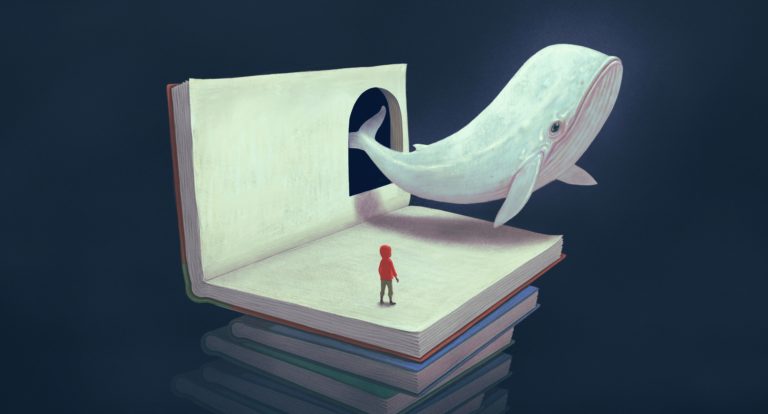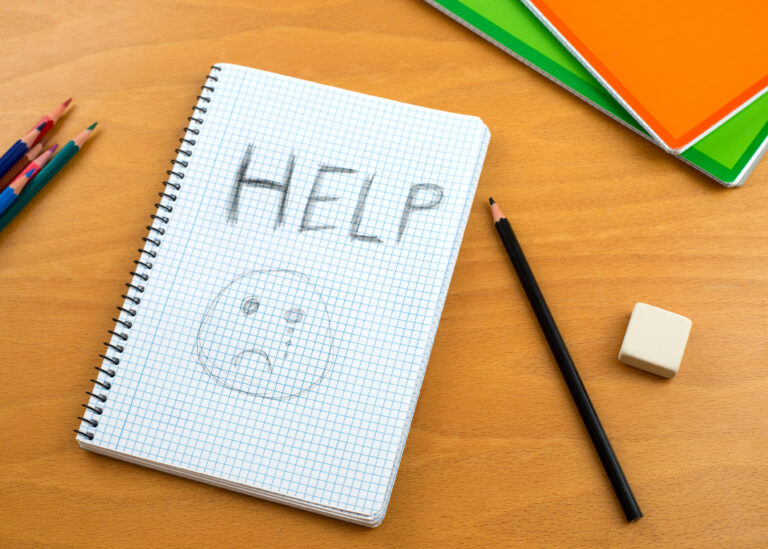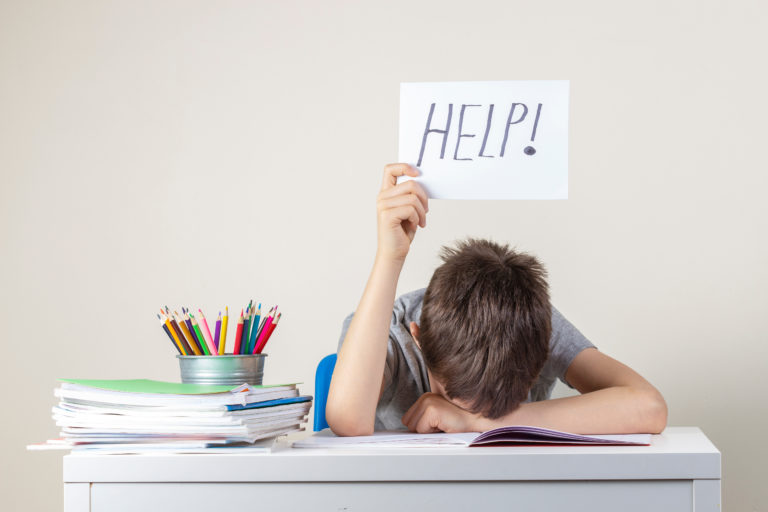Overview
Individuals with dyslexia can learn to read and spell, but it will be harder and they will need to be taught using an evidenced based program. A dyslexic brain has strengths, skills that are easier naturally, these include, visualising spaces, creative pursuits, music, piecing together complex puzzles/solutions.
Dyslexia and reading difficulties are on a continuum:
Dyslexia occurs on a continuum from mild to severe and no two are alike. There is no cure for dyslexia since it is a brain based difference, however with appropriate instruction aimed towards their learning needs, most can overcome their literacy difficulties and lead productive lives.
-Australian Dyslexic Association
5 Things to Explain to Your Dyslexic Child
1. Dyslexia is genetic
Dyslexia is passed on through families so there will be someone in your family who also has dyslexia.
2. Dyslexia is not something that needs fixing
Dyslexia is not a disease or something that needs fixing. It is the way your mind pieces together information. A dyslexic brain may find it more difficult when it comes to letters, you will need more practice but it does not mean your brain is less effective than others.
3. Dyslexia means your brain is stronger in different areas
A dyslexic brain may find it more difficult when it comes to letters and it might feel quite hard to learn spelling for example but a dyslexic brain is very gifted at piecing together other information. It is incredible at ‘thinking outside the box’ and coming up with solutions others cannot see. Some dyslexics are exceptional at problem solving. Others are amazing at spacial awareness, many architects are dyslexic. Many entrepreneurs are dyslexic, they find providing a solution to a problem others cannot see easier.
4. You can learn as well as anyone else
It might take longer to read and write than others but you can learn just the same, sometimes even easier than others. You might need to change the way you absorb data, for example, utilise audio to learn a topic. The data is what is important, whether you read it or hear it not so much.
5. Some things your brain will find much easier than a non dyslexic brain
The areas you will find easier naturally are typically, visualising spaces, creative pursuits, music, piecing together complex puzzles. Many people with dyslexia work for NASA because of this or work in Engineering and Architecture.
Not everyone has discovered that thing that comes easiest. That thing you are naturally good at. If you haven’t yet, don’t worry, one day you will.






